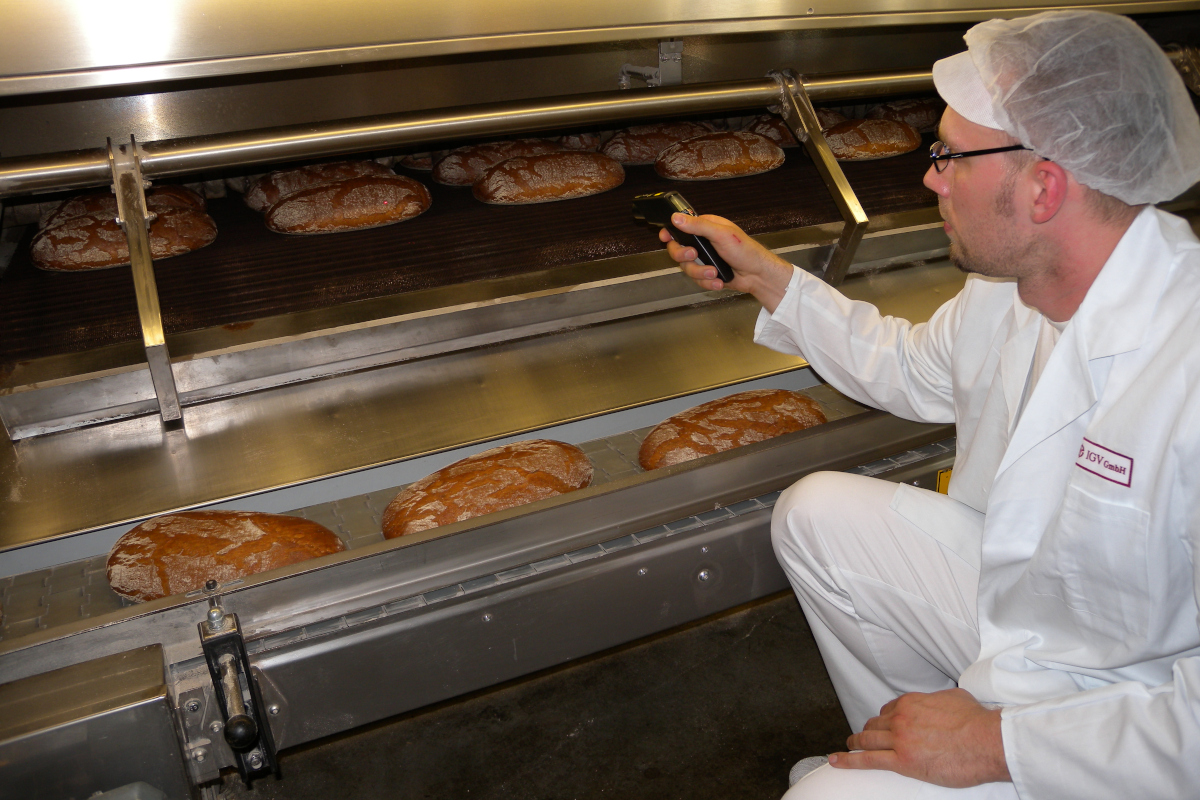
Energy-saving baking processes
Development of energy-saving baking processes by the incorporation of baking air humidity measurement and new types of instrumentation and control technology as a key factor in energy efficiency
Despite many optimisation developments in the technology involved, the baking process is still the most energy intensive process, and the most prone to loss, in the entire production of baked goods.
Thanks to the development of an energy-efficient baking method for the production of bread and small baked goods, involving the measurement of baking parameters with particular focus on the measurement of the humidity of the baking air and subsequent data processing, making use of “Artificial Neural Networks” (ANN) for the effective regulating and controlling of the baking environment in respect of product quality and energy efficiency, standard baking programmes used in regular operation are being further optimized.
The basis for this was the development of a measuring, instrumentation, and control unit (MIC tool), which calculates the attainment of predetermined quality parameters by background simulation, taking account of the current environment parameters in the oven at the particular time, and, in particular, regulates the steam application at the beginning of baking, to achieve an energy-optimized baking air humidity range.
By way of a prototype implementation of the instrumentation and control algorithms into the oven control system of the experimental oven used, the functional effect of the energy efficiency during the baking process has been proven.
Part project ILU e.V.
Research involving devices with regard to suitability for the measurement of baking air humidity, selection of devices, and determination of significant reciprocal effects and influence values in the baking process between the baking environment (temperature, air humidity), quality of the baked goods, and energy consumption
PROJECT DURATION:
2014 – 2016
PROJECT SPONSOR:
Central Innovation Programme SMEs (ZIM) of the Federal Ministry of the Economy and Technology
GRANT-NUMBER-PN:
KF2009011WZ4
PROJECT MANAGER:
Matthias Prohassek